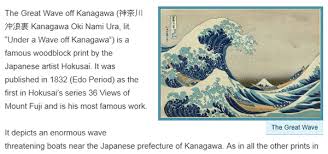记忆方法
1、capt- + -ion.
2、字面含义:taking, seizure.
3、由于该词最初主要出现在“逮捕证明”("Certificate of caption", etc.)的法律文件的标题上,由此,其含义得到了扩展,表示任何文件的标题、开头、说明。
2、字面含义:taking, seizure.
3、由于该词最初主要出现在“逮捕证明”("Certificate of caption", etc.)的法律文件的标题上,由此,其含义得到了扩展,表示任何文件的标题、开头、说明。
中文词源
caption 说明文字
来自词根cap, 抓,拿,握,见captive,accept. 即便于接受和理解的文字。
英语词源
- caption (n.)
- late 14c., "taking, seizure," from Old French capcion "arrest, capture, imprisonment," or directly from Latin captionem (nominative capito) "a catching, seizing, holding, taking," noun of action from past participle stem of capere "to take" (see capable).
From 17c. used especially in law, and there via its appearance at the head of legal document involving seizure ("Certificate of caption", etc.), the word's sense was extended to "the beginning of any document;" thus "heading of a chapter or section of an article" (1789), and, especially in U.S., "description or title below an illustration" (1919). - caption (v.)
- by 1901, from caption (n.). Related: Captioned; captioning.
权威例句
- 1. I didn't understand the drawing until I read the caption.
- 直到我看到这幅画的说明才弄懂其意思.
- 2. There is a caption under the picture.
- 图片下边附有说明.
- 3. CAPTION line should be self explanatory ( that means title ).
- CAPTION行应该是自我解释 ( 也就是标题 ).
- 4. On the back of the photo is written the simple caption, "Mrs. Monroe".
- 照片背面只有简单的几个字——“梦露女士”。
- 5. BIG BROTHER IS WATCHING YOU, the caption beneath it ran.
- 下边还有行说明文字,道是:老大哥看着你.

